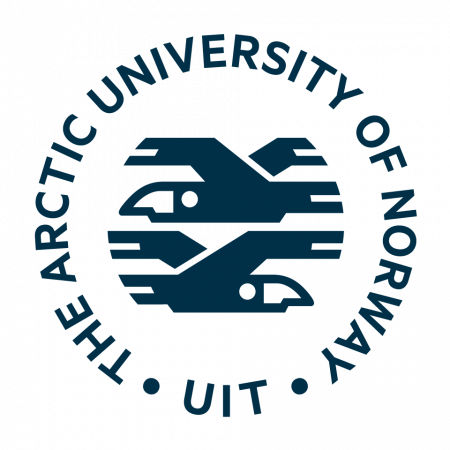Biology - master
The Biology - Master´s program provides opportunities to explore an array of pressing questions within modern biology and emphasize some of society`s challenges regarding management of natural resources and biodiversity. Each of the specializations is strongly linked to ongoing research in our research groups, providing the relevant theoretical background, training in state-of-the-art laboratory and field methods, innovative and critical thinking for problem solving, thesis and publication writing as well as training of presentation and knowledge transfer proficiency. Thus, students will be given the opportunity, and is expected, to actively participate as part of the research collegiate in the research group, the department and with relevant external institutions depending on master thesis and master specialization activity.
It is possible to conduct part of the master project in collaboration with external organizations such as Fram Centre Institutes (e.g., Norwegian Polar Institute,Institute of Marine Research,Norwegian Institute for Nature Research (NINA),Norwegian Institute ofBioeconomy Research (NIBIO),Akvaplan-niva, Nofima) and the University centre inSvalbard (UNIS), or other organizations in Norway and abroad. In this case, an internal supervisor at our department of Arctic and Marine Biology, in addition to the external supervisor at the host Institution will be affiliated with the project.
